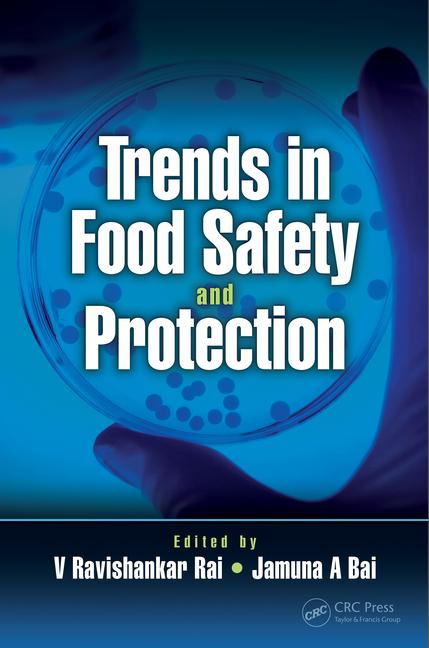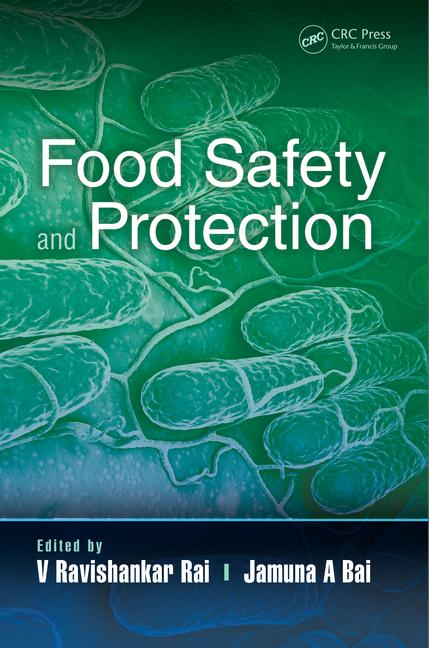Center for Food Safety Leads Lawsuit Against EPA for Unlawful Reapproval of Toxic Herbicide

Image credit: Yun Cho via Unsplash
The U.S. Environmental Protection Agency (EPA) is being sued by the Center for Food Safety (CFS), Pesticide Action Network North America (PANNA), and Alianza Nacional De Campesinas Inc. for the unlawful reapproval of toxic herbicides used in food agriculture. The chemicals in question, Enlist One and Enlist Duo, are sprayed on corn, soybeans, and cotton genetically engineered (GE) to resist the herbicides.
CFS lawyers assert that EPA unlawfully ignored the environmental and public health risks of Enlist herbicides.
Enlist One and Enlist Duo contain 2,4-D, which is infamous for being one of the active ingredients included in the chemical weapon Agent Orange. According to the lawsuit, EPA knew that the renewed use of Enlist herbicides would harm rural communities and wildlife by substantially increasing concentrations of 2,4-D and glyphosate in the environment, destroying important habitats for threatened and endangered species, polluting local waterways, and damaging native plants and crops.
The plaintiffs allege that EPA's registration decisions violated the Federal Insecticide, Fungicide, and Rodenticide Act (FIFRA) by failing to properly consider the negative environmental and health effects before approving Enlist herbicides for another seven years. Plaintiffs also allege that EPA violated the Endangered Species Act due to the harmful effects the chemicals can have against threatened and endangered species in rural areas across the U.S.
Despite repeatedly acknowledging that Enlist can harm literally hundreds of threatened and endangered species and their habitats, the lawsuit asserts that EPA ignored these risks when it decided to renew the registrations of Enlist One and Enlist Duo in January 2022. EPA reregistered the herbicides without fully considering the risks or consulting with the expert wildlife agencies, as required under the Endangered Species Act. EPA also failed to evaluate its own proposed mitigation measures to address these impacts.
The present complaint follows two prior CFS-led lawsuits regarding EPA's improper authorization of Enlist herbicides. Before the original approval of Enlist and GE crops resistant to the chemical, 2,4-D had never been sprayed over the top of crops, dramatically increasing the amount and timing of exposures. CFS and PANNA initially challenged EPA's approval of Enlist Duo in 2014. In 2020, the Ninth Circuit Court held that EPA's previous registrations violated FIFRA by underestimating the risks to milkweed plants and monarch butterflies.
In response to earlier CFS litigation, in 2015 EPA revoked the registration for Enlist Duo after recognizing that the chemical cocktail was potentially more toxic and harmful than initially believed.
The use of 2,4-D is associated with a heightened risk of non-Hodgkin lymphoma. The World Health Organization's (WHO’s) International Agency for Research on Cancer has classified 2,4-D as a possible carcinogen and glyphosate as a probable carcinogen to humans.
Looking for a reprint of this article?
From high-res PDFs to custom plaques, order your copy today!









